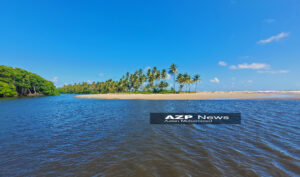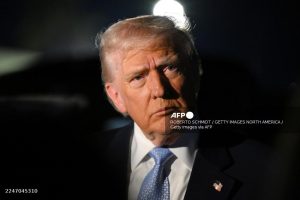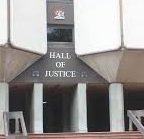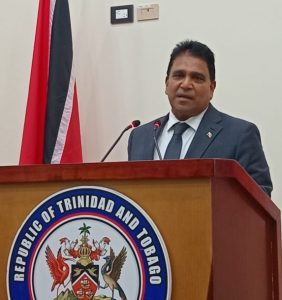LIMA, Peru, CMC – Antigua and Barbuda has accused the international community of seeking to prevent countries from resuming commercial whaling and is accusing members of the International Whaling Commission (IWC) of “refusing to accept the responsibility of the organisation to engage in the management of this resource.”
Addressing the 69th meeting of the IWC, which ends on Sunday, Antigua and Barbuda’s IWC Commissioner, Daven Joseph, said members were refusing to take into consideration the food security situation of all coastal states that are interested in utilising the whaling resource.
He said, “I am listening to many countries here that are almost telling us, almost dictating the right of all countries in terms of what we should eat, what we should not eat,” Joseph said, noting that countries willing to engage in commercial whaling should be allowed to do so without any hinderance.
“You have no right to tell us that whales should not be used for food. It is a colonial posture that has to stop in this organisation. How dare you want to tell countries what they should and should not use as dietary supplements. The world is listening.”
Joseph told the IWC that the world is “seeing the bigotry in that organization ad I hope the question of food security as we developing countries see it will get much sympathy from those of us who have food in abundance.
“How dare you tell us we should not look at whales as a form of food. This organization has no right to relegate us to what you think we should eat and should not eat. This is a sad day for this organization when I listened to some of the comments coming from developed countries.
‘We do not want you to dump your food on us. We want to eat what we want to eat,” Joseph said, reminding the grouping that the moratorium put in place in 1986 was originally intended as a temporary measure, to be reviewed after 10 years.
“We wish for this commission to acknowledge that whale stocks were overexploited for many years and further acknowledge that, through careful conservation and management plans of this august body, whale stock populations have significantly increased,” Joseph said.
Antigua and Barbuda has put forward a resolution that calls for “the Implementation of a Conservation and Management Programme for Whale Stocks Aimed Towards the Orderly Development and Management of the Whaling Industry”.
Joseph said the resolution is crucial because Antigua and Barbuda disagrees that the moratorium that has established an international norm.
Antigua and Barbuda, along with St Kitts and Nevis, has strongly opposed the establishment of the South Atlantic Whale Sanctuary which seeks to protect cetaceans.
The South Atlantic provides the feeding grounds needed to sustain most southern hemisphere great whales and Joseph said that if the sanctuary proposal is adopted, it could trigger a “mass exodus” of member states from the IWC.
He hinted at the possibility of the Caribbean Community (CARICOM) country would participate in forming a new organization, threatening to leave the IWC if commercial whaling is not reconsidered.
Meanwhile, six environmental groups in Antigua and Barbuda have written to Prime Minister Gaston Browne warning of a potential backlash that could “not only be detrimental to the health of our struggling whale populations, but it could also negatively impact Antigua and Barbuda’s tourism sector and international investment, as we continue to promote our country as an ‘eco-conscious’ destination.”

The organizations, which include Antigua and Barbuda Ocean Trust, Elkhorn Marine Conservancy and AB Sea Turtles, have urged the government to withdraw the resolution immediately.
The letter also pointed out the contradiction between the government’s recent promotion of marine conservation at May’s United Nations SIDS4 conference and its stance at the IWC. They also noted that the proposal conflicts with Antigua and Barbuda’s own Environmental Protection Act 2019, which protects all cetaceans.
![]()












